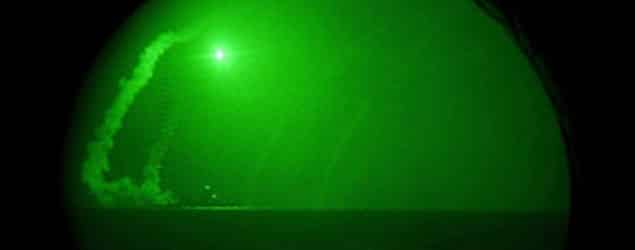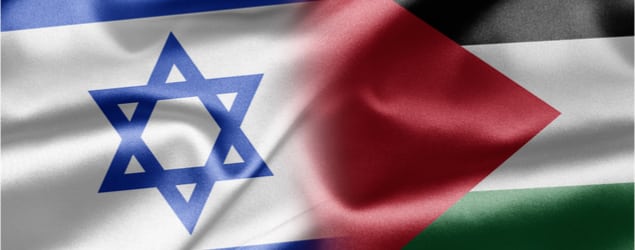Libya vs. U.S. self-interest

Two brief thoughts about the international — actually, US-led — military campaign in Libya.
1. My view is that the campaign in Libya runs against genuine U.S. national interest — i.e., the protection of the lives and freedom of Americans. It has all the trappings of (and has been sold in part as) a humanitarian effort to quell the attacks by Gaddafi’s forces against the rebels. It’s far from clear why or how it is in our interest to do that. A so-called ‘humanitarian’ mission like that (as I argue in my book) risks sacrificing American lives and mires us in needless conflicts. What’s actually unfolding is a campaign without a clear objective or justification (unseating Gaddafi? yes? no? backing the rebels? both? who are the rebels and should we back them? what if there’s a prolonged civil war?). That should worry us profoundly.
2. There’s a glaring double standard in America’s (excuse for a) foreign policy in the Middle East. Consider the situation in Libya and the one in Iran. When massive protests took place in Iran during 2009/10, Washington was mute then grudging in its wishy-washy response; ultimately, it failed to lend the protesters even a shred of moral support against the militant, Islamist regime in Tehran, a regime that poses a demonstrable, existential threat to our interests. Contrast that with the response to the Libyan uprising (tribal civil war?). Yes, Gaddafi can be classified as a menace, but a trifling one, far less of a problem than the threat from Iran. Yet it is in Libya that America decides to take military action to back rebels against Gaddafi’s regime.
Let’s unpack that for a moment: we do move against a minor, tinpot dictatorship where we have little at stake, while leaving the fire-breathing Tehran regime in place — tacitly endorsing its rule by failing to help the protesters. We do launch bombing raids in Libya — if the UN and Arab League approve it — for the sake of rebels whose goals we don’t know if we share, against a regime that’s of minor significance to our security. But against a threat to us, from Iran, we adopt statue-like passivity.
Put another way: When our interests are at stake — as they were and are in Iran — we hold back and appease. When someone else’s interests appear to be on the line (the rebels and civilians in Libya), we dutifully scramble jet-fighters and put American lives in harm’s way, for the sake of serving others. Why? That double standard is rooted in the prevalent, and perverse, moral view that permeates our foreign policy — a view requiring that we put the needs of others ahead of our own goals and interests. Acting in accordance with that view — as I argue in my book — has been enormously destructive to American security and freedom, across decades.
Depressingly, under the guidance of that same view, our leaders are drawing us into a crisis called Libya.



